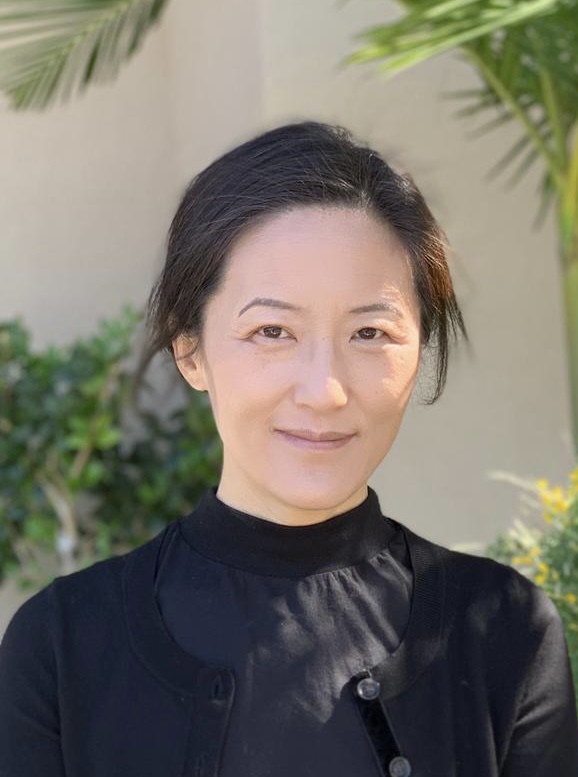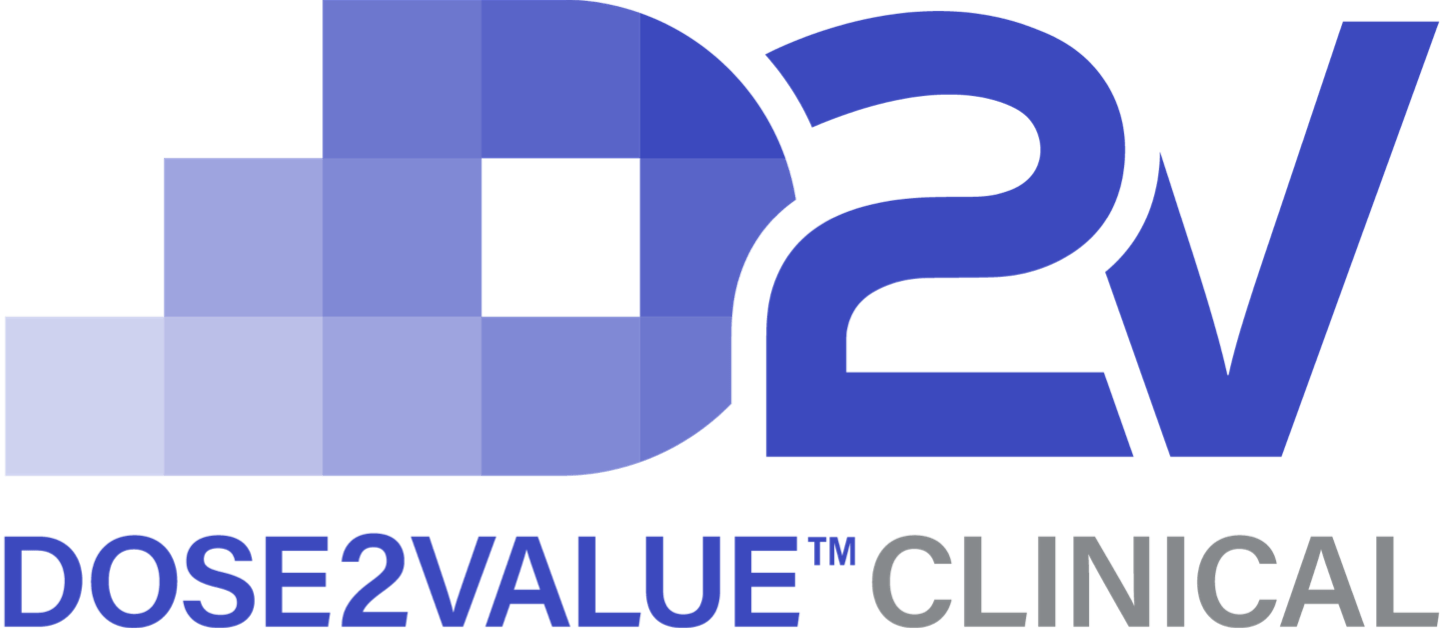Join our Senior Director of Biostatistics, Kate Wang, and our Chief Medical Officer, Vijay Reddy, M.D., Ph.D, as they explore the game-changing practice of instream data cleaning. Wang emphasizes real-time data cleaning’s impact on crucial milestones, while Dr. Reddy highlights its role in driving safety and efficacy in early-phase clinical trials. Learn more below about how this transformative technique empowers informed choices, enhances patient outcomes, and accelerates life-changing cancer treatments’ development.
Kate Wang – Senior Director of Biostatistics, D2V Clinical
Hello, everyone! My name is Kate Wang. I am the Senior Director of Biostatistics at D2V Clinical, and I have been working in the pharmaceutical industry for 16 years.
Accurate data is crucial for driving innovation and advancing cancer treatments. Today, we will explore how instream data cleaning is revolutionizing the way we ensure data quality, and our process for using this technique at D2V Clinical.
The process of instream data cleaning is to clean data and identify issues in as close to real time as possible over the entire course of the study. It is a game-changer. Performing statistical review is a critical step in the process. Data should quickly be analysis ready for multiple data cuts, such as data monitoring committee (DMC) meetings, dose escalation decisions, regulatory objectives, and database lock at the study completion.
The instream data cleaning strategy involves collaboration with the entire study team to ensure statistical reviews are focused on cross CRF (Case Report Form) page, and cross data source reviews. For example, medical history and pre-treatment AEs (Adverse Events) will be reviewed together to check if the comorbidity of the enrolled population meets protocol assumptions. Correlation between safety endpoints and comorbidity will be examined if a potential trend is observed.
Now that we have explored the power of instream data cleaning and its implementation at D2V Clinical, I will hand the floor over to our Chief Medical Officer, Dr. Vijay Reddy, who will provide valuable insights on how these results impact early-phase oncology research.
Vijay Reddy, M.D., Ph.D. – Chief Medical Officer, D2V Clinical
Thank you, Kate. Hi, I am Dr. Vijay Reddy, the Chief Medical Officer at D2V Clinical. I oversee the implementation of instream data cleaning to ensure that our early-phase clinical research trials meet accurate and reliable data. Here is how we utilize these results from a medical perspective.
Instream data cleaning supports the following 5 areas and more:
- Data-driven Decision Making
- Real-time Monitoring
- Enhancing Protocol Adherence
- Improved Patient Care
- Accelerating Research Insights
The best examples of this, that were already alluded to by Kate, are for efficacy and safety from a clinical perspective. The overall response rate (ORR) is a critical key endpoint for clinical trials, particularly as measured for efficacy. Instream data cleaning supports this through accurate documenting and verification of the RECIST criteria for efficacy measurement.
In addition, safety with CTCAE criteria documentation is critical, and instream cleaning supports that while enhancing data quality of both clinical and lab parameters.
Instream data cleaning is revolutionizing early-phase clinical trials, empowering researchers to make data-driven decisions, improving patient outcomes, and accelerating the development of life-changing cancer treatments.
To learn more about how D2V Clinical’s innovative instream data cleaning solutions, and how they can transform your oncology trials, contact us today at d2vclinical.com.

Kate has more than 16 years of experience in the pharmaceutical industry, leading biostatistics for multiple late-stage clinical programs and achieving five completed regulatory approvals in the US, EU, Japan, and China. Kate has extensive experience in regulatory agency interactions including written communications and face-to-face meetings.

Vijay has more than 25 years of clinical practice and biotechnology pharmaceutical industry experience in hematology, oncology and immuno-oncology. His background includes medical affairs leadership, clinical leadership of Phase I first-in-human trials for solid tumors, and the publication of more than 50 original research publications in high-impact peer reviewed journals.
